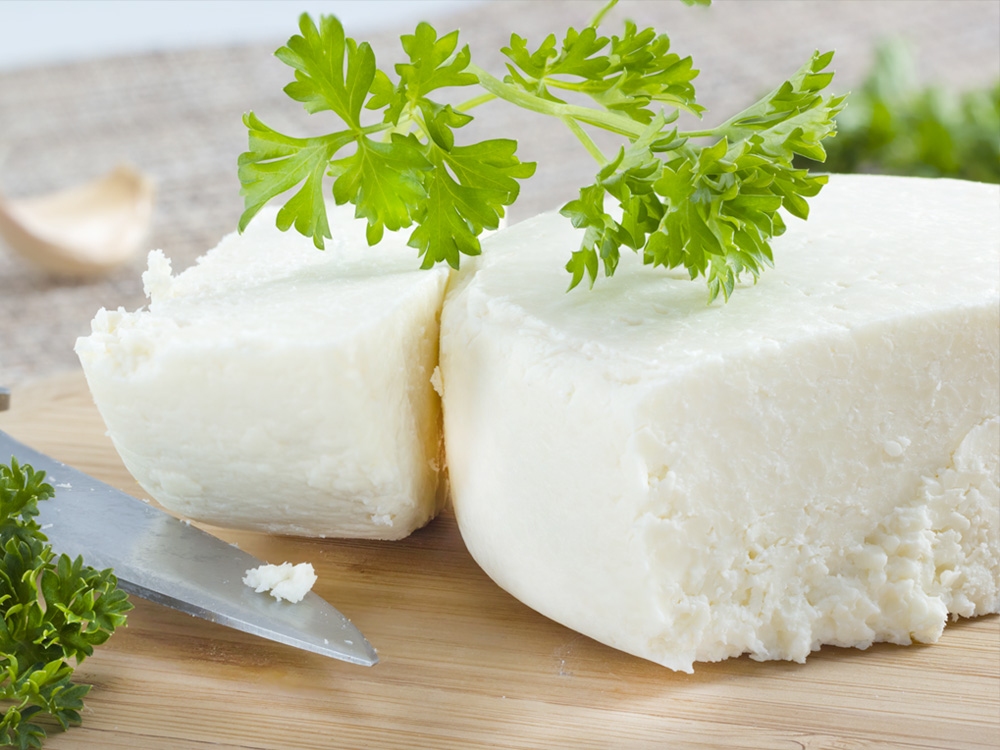
Can My Dog Eat Cotija Cheese?
When it comes to dogs, moderation is key. Cotija cheese can be a tasty treat for your furry friend in small quantities. However, it's important to keep in mind that dogs are lactose intolerant to some degree. If you decide to share Cotija cheese with your dog, make sure it's in small amounts and observe their reaction.
Some dogs may have sensitivities to dairy products and may experience gastrointestinal issues. If you notice any digestive upset, it's best to avoid feeding Cotija cheese to your pup.
Cotija Cheese Q & A
-
Does Cotija Cheese Melt?
Cotija cheese is not typically a melting cheese.
Cotija cheese slightly softens when heated, but it doesn't melt or …
Read More -
Can I Eat Cotija Cheese When Pregnant?
The good news is that most types of Cotija cheese are made from pasteurized milk, which reduces the risk …
Read More -
Can My Cat Eat Cotija Cheese?
While cotija cheese is not toxic to cats, however, it is generally not recommended to feed it to …
Read More -
Can I Freeze Cotija Cheese?
While freezing Cotija cheese is possible, it is not recommended - for the sake of preserving the intended flavor …
Read More -
How to Store and Preserve Cotija Cheese?
Once opened, tightly wrap the remaining portion of the cheese in plastic wrap or aluminium foil to prevent moisture …
Read More -
How Long Does Cotija Cheese Last?
Generally, when properly refrigerated, an unopened block of Cotija cheese can last for up to 2-3 months. The shelf …
Read More -
Is Cotija Cheese Gluten-Free?
Great news for those who follow a gluten-free diet: Cotija cheese is indeed gluten-free!
Made from cow's milk, salt, …
Read More -
Is Cotija Vegetarian?
Cotija cheese is not strictly vegetarian.
Traditional Cotija cheese is made using animal rennet, which is derived from the …
Read More -
Is Cotija Lactose-Free?
Cotija cheese, like most cheeses, contains lactose. However, the aging process of Cotija cheese reduces the lactose content, making …
Read More